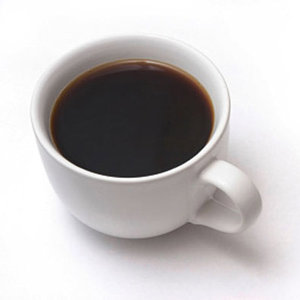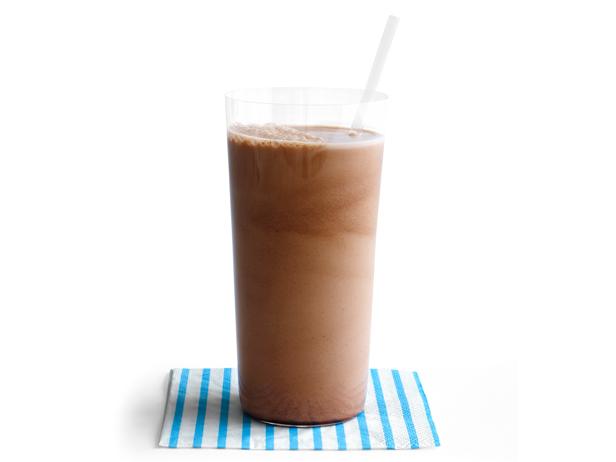Natural alternatives to weight loss supplements
The fitness industry is full of quick fixes and weight loss supplements to help you “lose weight fast”. If they actually worked then we would all be out of business, but the good news for Personal Trainers, is that many of these supplements are just a total waste of money! The bad news is that some can even do harm – some side effects include nausea, dizziness, vomiting, rapid heart rate, and increased blood pressure.
The key to a good supplement is just that – it “supplements” a healthy diet and exercise program, it doesn’t replace anything. You need to always include a healthy, balanced diet and regular exercise in your weight loss plan.
So, instead of resorting to an expensive and possible dangerous supplement to help you lose weight, have a look at some of these more natural options to give you similar benefits without the side effects.

Coffee as a pre workout and “fat burner”
Who doesn’t love a good coffee to start the day? Great news for coffee lovers: is that coffee, or specifically the caffeine found in coffee, is helpful for weight loss. It provides a couple of benefits, which is why it’s found in most fat loss supplements.
- A cup of coffee is a great pre-workout drink to give you an energy boost, this helps you train harder and for longer which of course means you burn more calories and have an effective workout.
- Caffeine is also a “vasodilator” which means it helps to dilate your blood vessels, this helps your body get more blood, oxygen and nutrients to the working muscles, to help you train harder and longer!
- Finally caffeine can also boost your metabolism and help you burn more energy throughout the day. However, it only works if you keep up a good exercise regime and eat a healthy diet.
Down sides: Too much caffeine can be problematic as it is addictive and interferes with your body’s ability to achieve deep sleep – you should have no more than 400mg per day. There is on average around 100mg in a cup of coffee but this depends on type and size. Don’t have caffeine too late in the day as takes 12 hours to be broken down and out of your system.
Fibre as an appetite suppressant
Fibre is something you should be eating as part of a balanced diet, you need about 25-30g per day. It’s actually a type of carbohydrate, that can be found in most of your important plant based foods – grains, legumes, nuts, fruit and veg. There are two types of fibre; soluble and insoluble. Insoluble fibre is helpful for keeping you regular, supports your good gut bacteria and is important for overall health. Soluble fibre is where the weight loss benefits lie.
Soluble fibre is hard for the body to digest, so it takes a long time to pass through your system and be absorbed, which helps you feel fuller for longer. Because of this it helps to control your appetite and satisfy hunger. As a bonus soluble fibre also helps to control your cholesterol and blood sugar levels! Including a good source of fibre in your meals and snacks will help you feel satisfied and reduce your cravings to help you avoid snacking or over indulging and so help you lose weight.

- 1 cup wholemeal pasta (7.9g fibre)
- 1 cup carrot skin on (6.9g fibre)
- 100g kidney beans (6.5g fibre)
- 1 medium corn on cob (5.9g fibre)
- ½ cup rolled oats (4.5g fibre)
- 1 cup broccoli (3.8g fibre)
- 100g lentils (3.7g fibre)
- 1 cup sweet potato skin on (3.7g fibre)
- 1 cup brown rice (2.7g fibre)
- 30g almonds (2.6g fibre)
Protein for post-workout recovery
Protein is important muscle growth, protein is the building block of all the structures in your body, hair, skin, teeth bones, and of course muscle. We need to have an adequate intake of protein each day to help us maintain our muscle mass, because we know that muscle burns calories. The more lean muscle you build, the more your metabolism increases and the more calories you burn at rest.
Most of us get enough protein already through the foods we eat, especially animal products like meat and dairy, but we can also get plant proteins from soy, quinoa, nuts and seeds. The average adult only needs 0.8g per kg of body weight, or about 2-3 serves of protein per day. Examples of “one serve” include
- 65g cooked meat
- 80g cooked poultry
- 2 eggs
- 1 can fish
- 30g nuts

